The camera had a power I hadn't expected
I was rewarded for being interested in things. I was rewarded for being interested in everything.
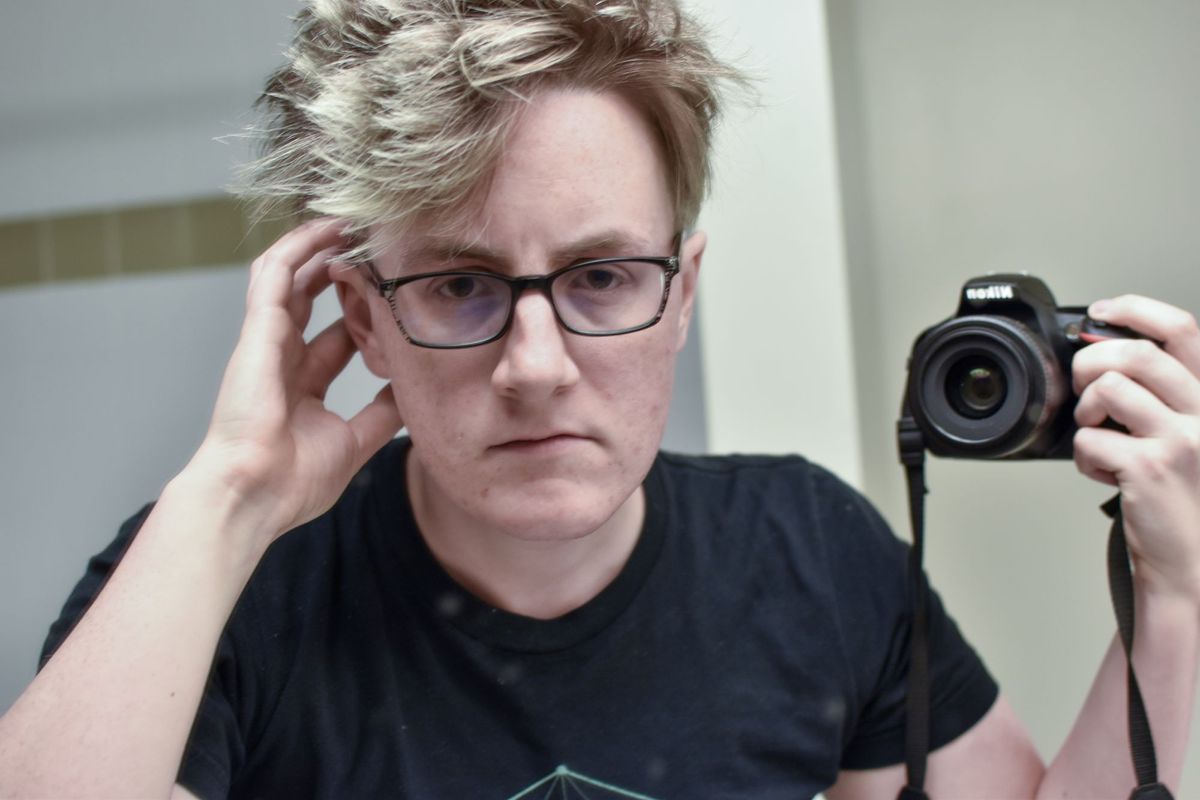
I started taking pictures because I was depressed.
Nothing was interesting. I wasn't playing any video games. I wasn't watching TV.
I knew that I was stressed, and I knew why, but I couldn't see any way out of that stress for at least a few more months. I had plans to get a dog, but that would take months, if I could manage it at all.
I needed a creative outlet, but writing wasn't working. I couldn't get myself to do it. Writing takes focus, and perseverance. I was using up all of whatever I had left of that at work.
I needed something less complicated. I needed a diversion, not a chore.
I remembered a bit of advice I'd gotten a few years before, back in the Google Plus days, talking about the same problem. "You should try photography. The feedback is really fast," they'd said. "You can make something immediately."
At the time, I hadn't been convinced. Photography was too hard, I didn't have the knack for it. None of the pictures I'd ever taken, hesitantly, on old Kodaks or point-and-shoots, had come out any good. A picture might be "creative" but it was the mysterious kind of creative, not the straight ahead psychic link of a good word smithing session.
Then, in idle phone browsing, I found an image from "The Sea that Surrounds Us," by Maureen Drennan. Go click that link and look at it for a second.
I didn't, at the time, understand that this was part of a series, or what a photo series was. I knew I connected to the image, understood something that it was communicating. It occurred to me that, maybe, this would be a way to communicate what was happening with me. That this might be a way to communicate with myself.
I took the bus to the Best Buy in Culver City. Walked around for a few minutes, considered the point-and-shoots and the Canons, and then settled on the Wirecutter recommendation, the Nikon D3500, with two kit lenses. I'd only moved to LA a few months before; it was my first trip out of the house, for something other than work. I carried that camera box home on that bus like it was a weapon.
I started photographing everything.
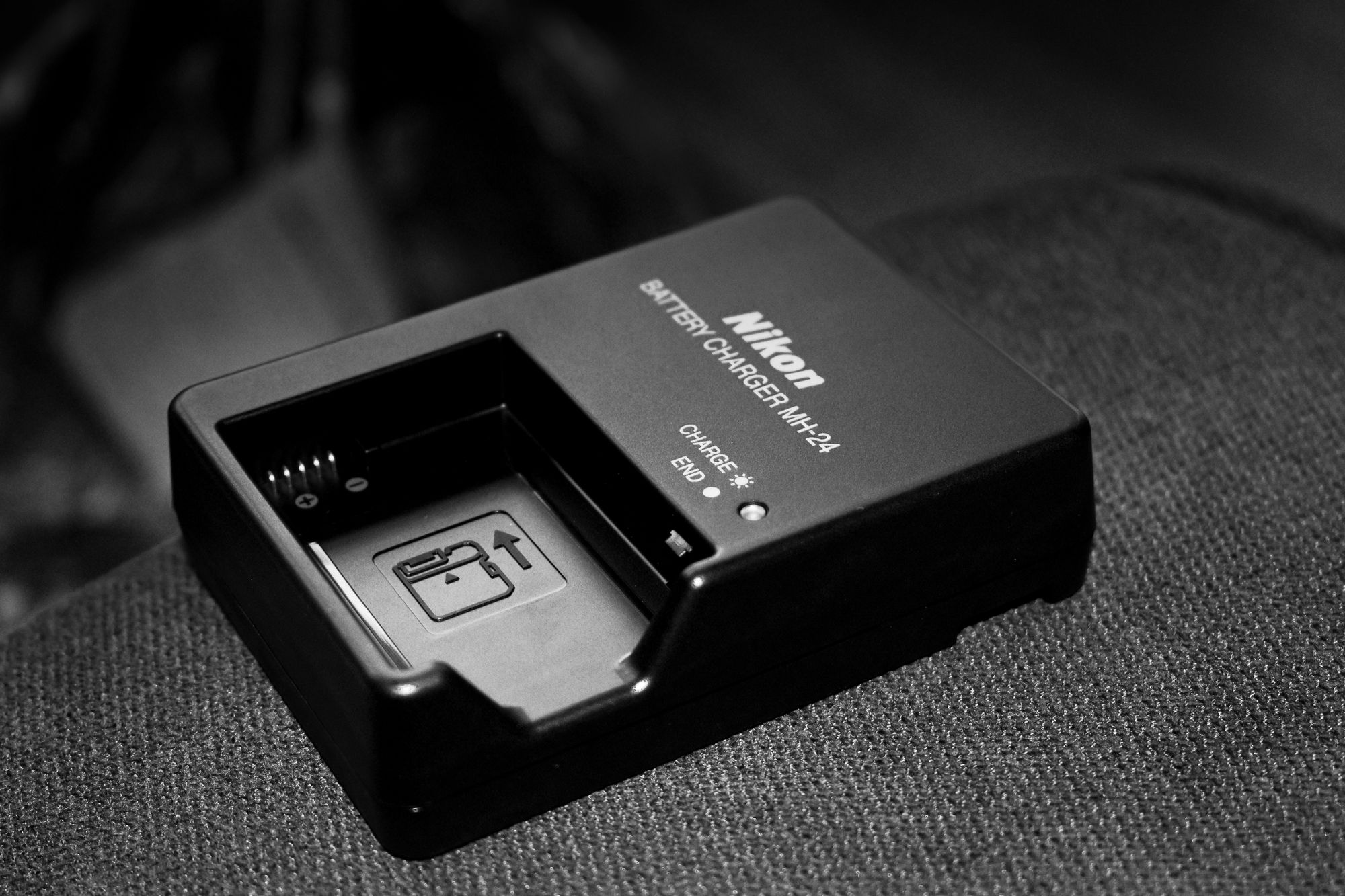
The camera had a power I hadn't expected. I picked it up and I disappeared. There was only the camera and the world in front of it. My self – my chattering, analytical, endless critical self – was fully consumed by the cognitive demand of simultaneously operating the device and seeing the world.
The device had an ability to transform what I was looking at into something else, an image descended from but not quite the scene I viewed with my eye. Sometimes, the camera produces images with an odd dimensionality, a characteristic I now recognize as the effect of a shallow depth of field.
But only sometimes. There was a trick to it, and I needed to learn.
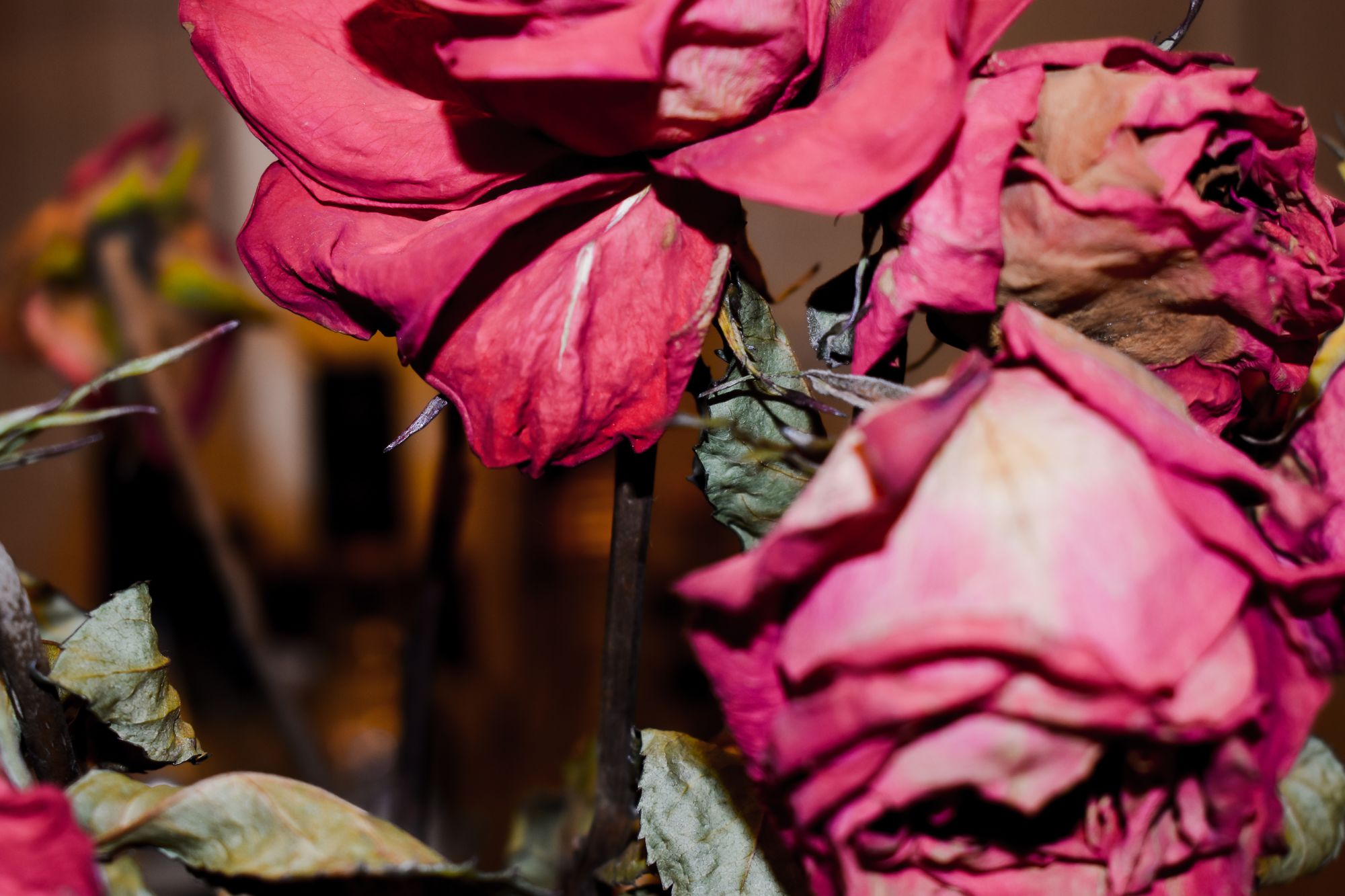
It's seems to be fashionable now, among photographers, to shoot film, but digital captured me, in a way that film never could have. The closest I'd come to the creative experience it offered was writing code, but even at best there's always at least a second or two between intention and result when writing code. Often, much longer.
Photography was instant.
I was rewarded for being interested in things. I was rewarded for being interested in everything. With pictures. With new information about the world, about cameras, about my capabilities.
I bought books. First on exposure, and general photographic technique. Then on composition. I learned that photographs had "subjects." I started looking for leading lines, and for interesting juxtapositions of color, pattern, and shape.
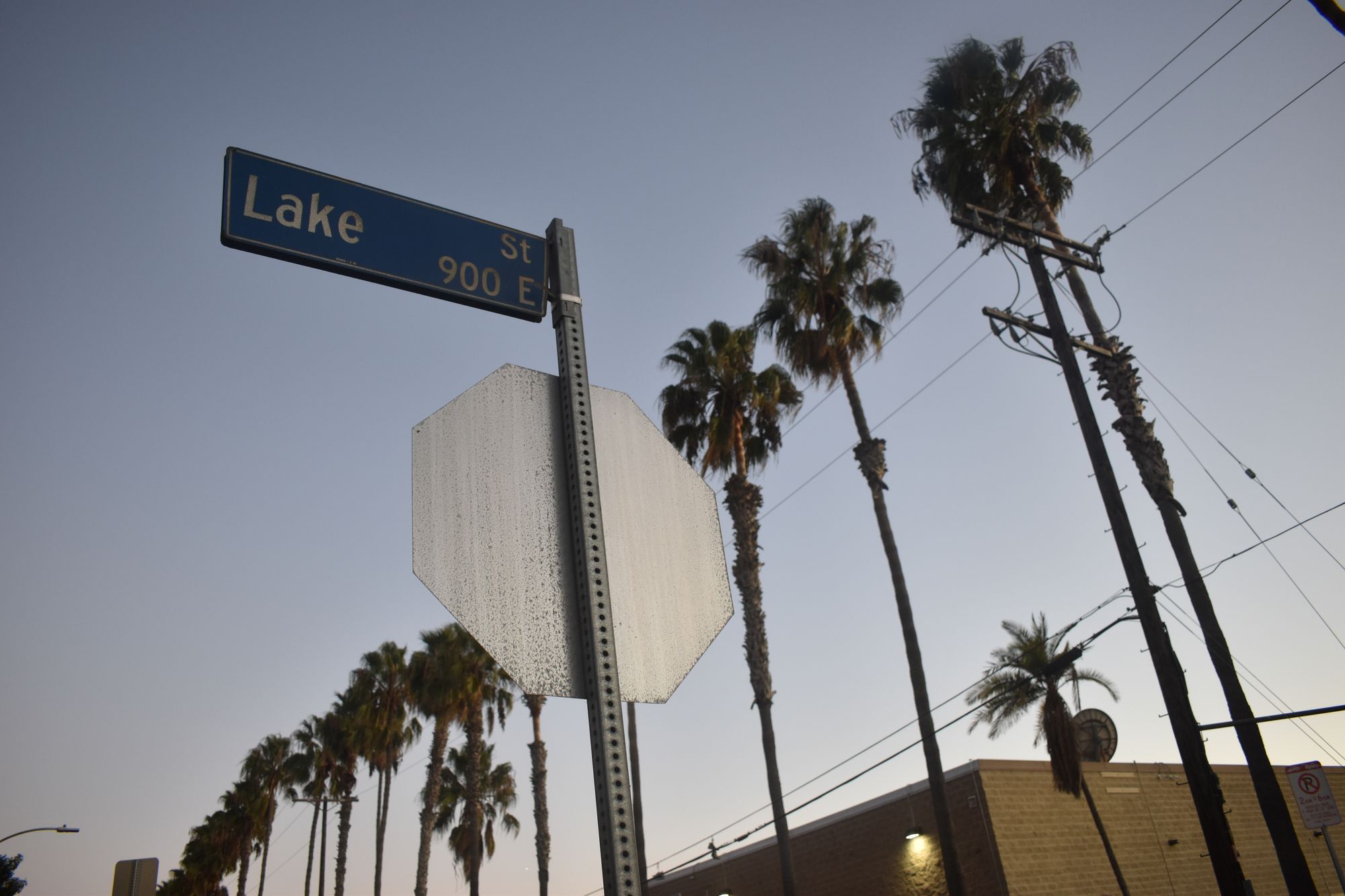
I noticed I was often trying to get closer in to subjects than the camera was willing to focus with my kit lenses, so I bought a Macro lens.
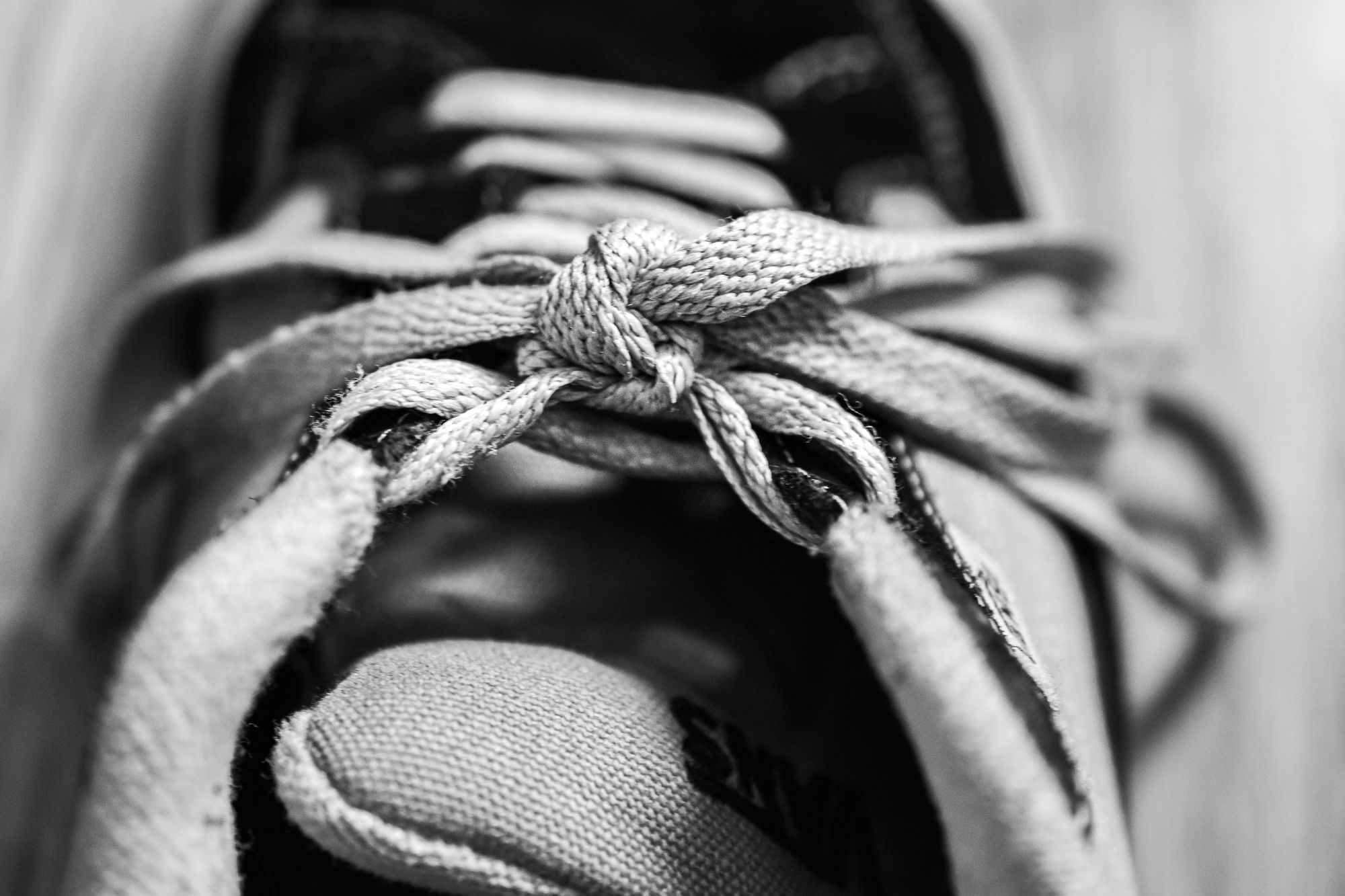
(I loved the hell out of that lens, for reasons that I still don't entirely understand, but that I think have to do with sharpness. I took all kinds of pictures with it, mostly not macro.)
I started taking pictures that were mysteriously, somehow, "better" than others, had some kind of quality I couldn't explain that made them striking, and I started getting interested in light.
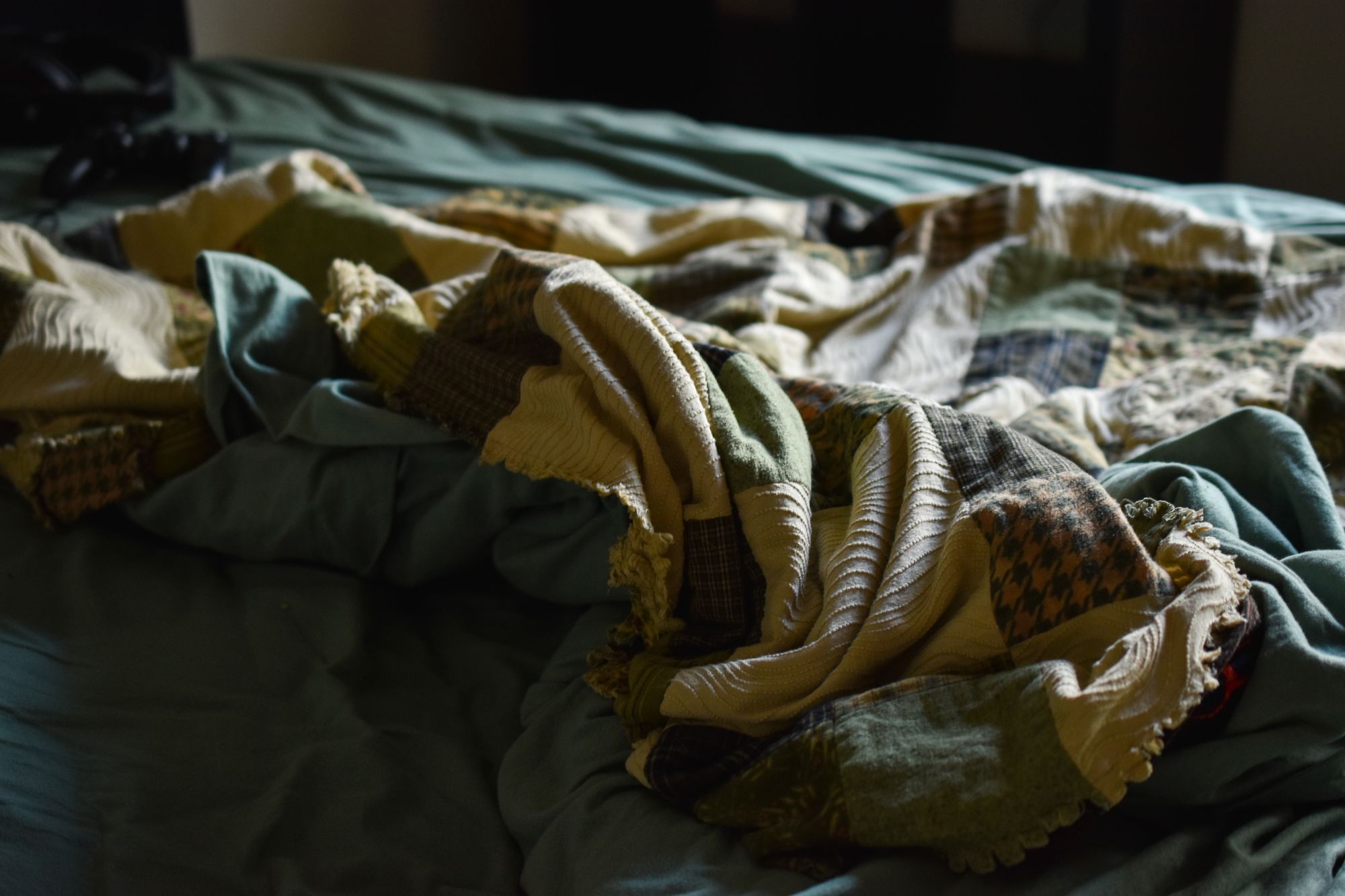
I noticed I was interested in taking shots indoors, at night, and under other conditions where lighting was difficult, reading advice that I should "zoom with my feet" to get better at photographic compositions, so I bought a prime lens, and then another. I didn't understand the argument that "street photographers" were having over 35mm and 50mm, but the camera offered a way to find out, myself.
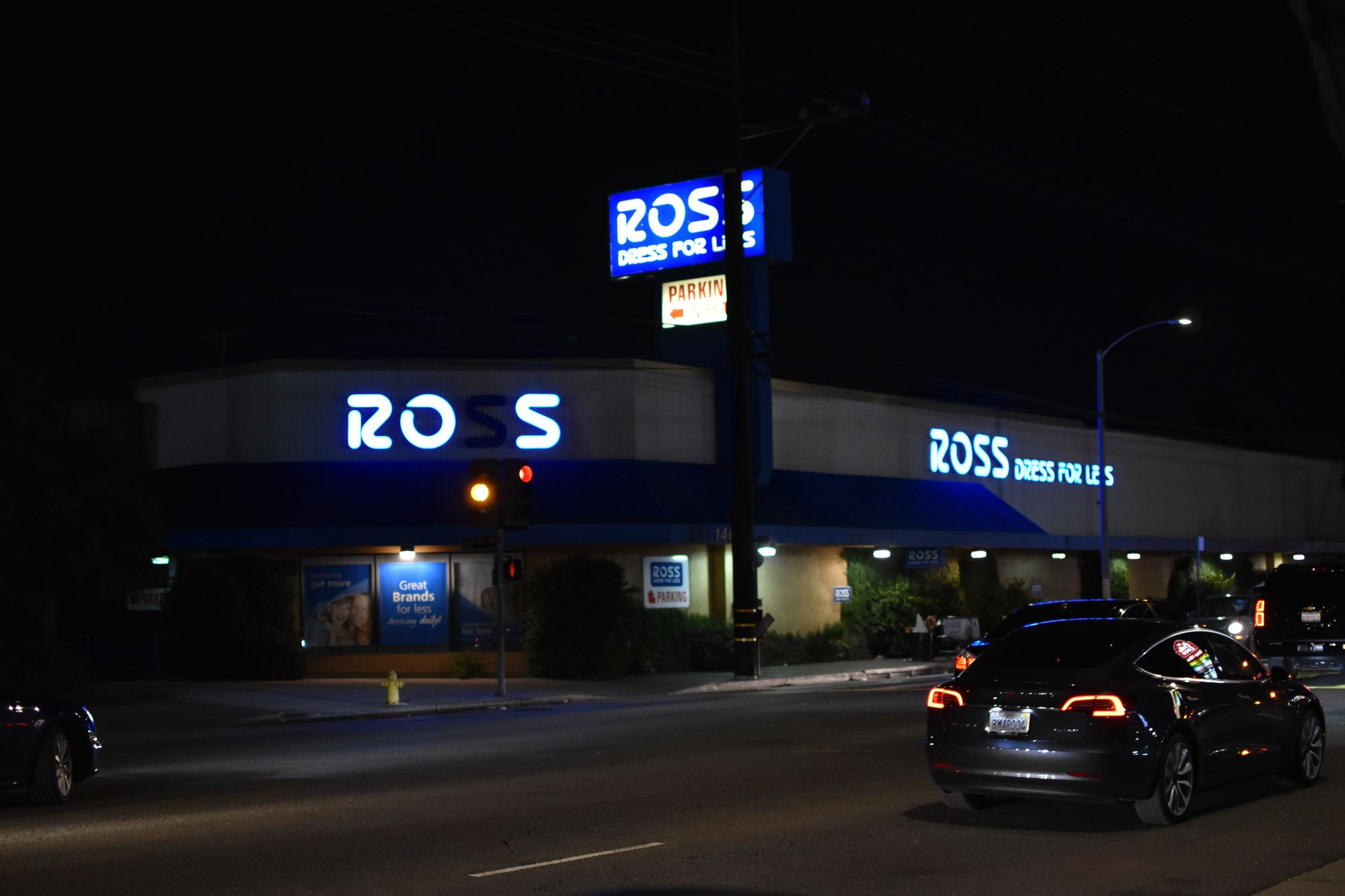
And I experimented. The wonderful thing about learning about photography – the technical side and the artistic – was that every lesson, every sentence, in any photography book was immediately testable.
I learned that the camera had its own view of light. That a photograph's "brightness" was entirely under my control, the product not just of ambient conditions, but of an interlocking set of dials.
I took a lot of photos late at night.
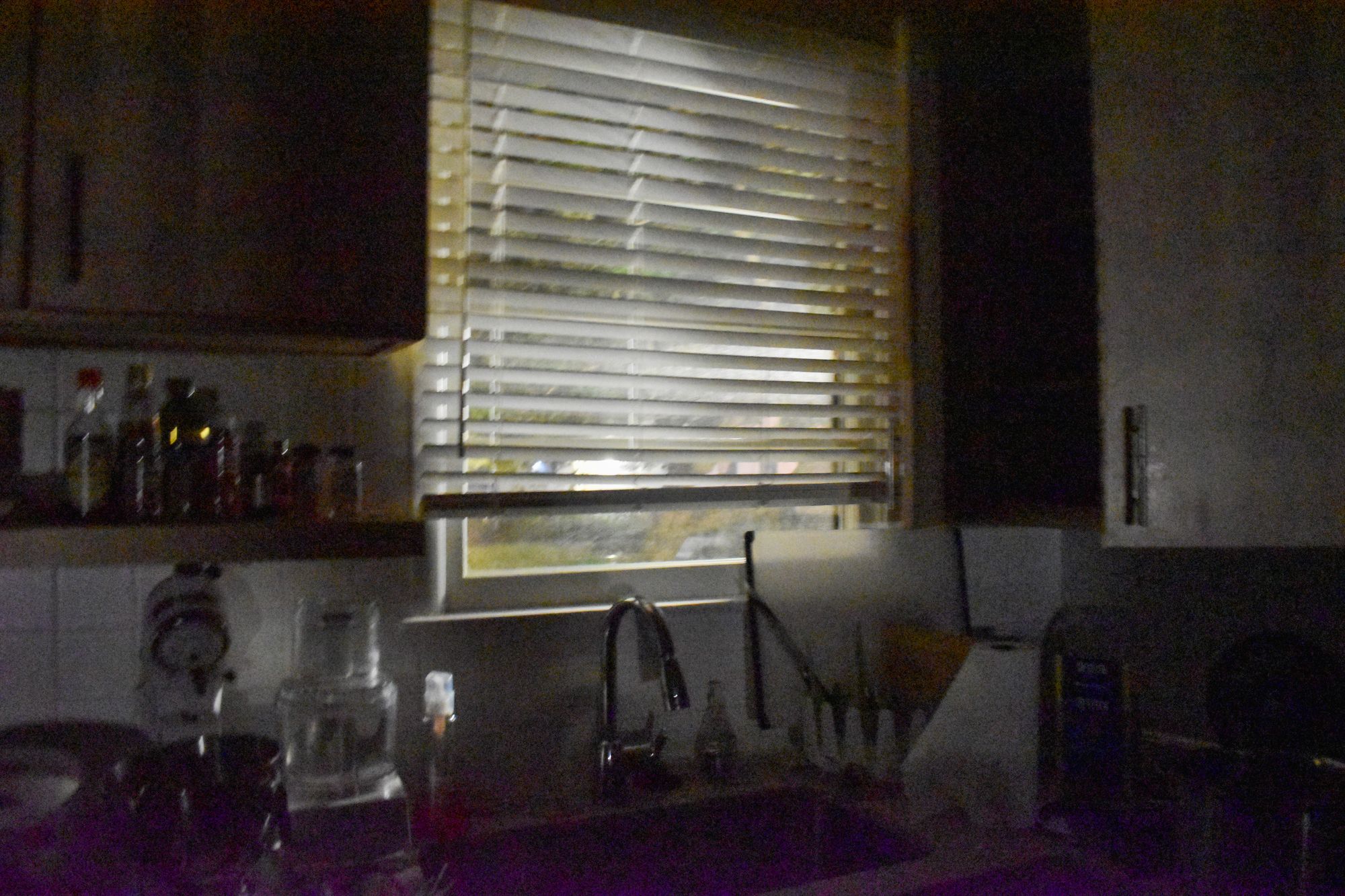
I explored extremes. I remember taking some of these pictures and realizing that I was boundary testing. I slowly began to assemble an intuitive sense of what each control would do to a picture on its own, and what else needed to be changed to
The technical side of photography is pure tradeoffs. How much light do you have? How much will you spend on sharpness in time, and sharpness in space?
There were no arguments about hypothetical impact. There's no way, in photography, to trade more difficult pictures tomorrow for a better, faster picture today. Each photograph is self-contained, a product of the choices I made at the moment that I pressed the shutter.
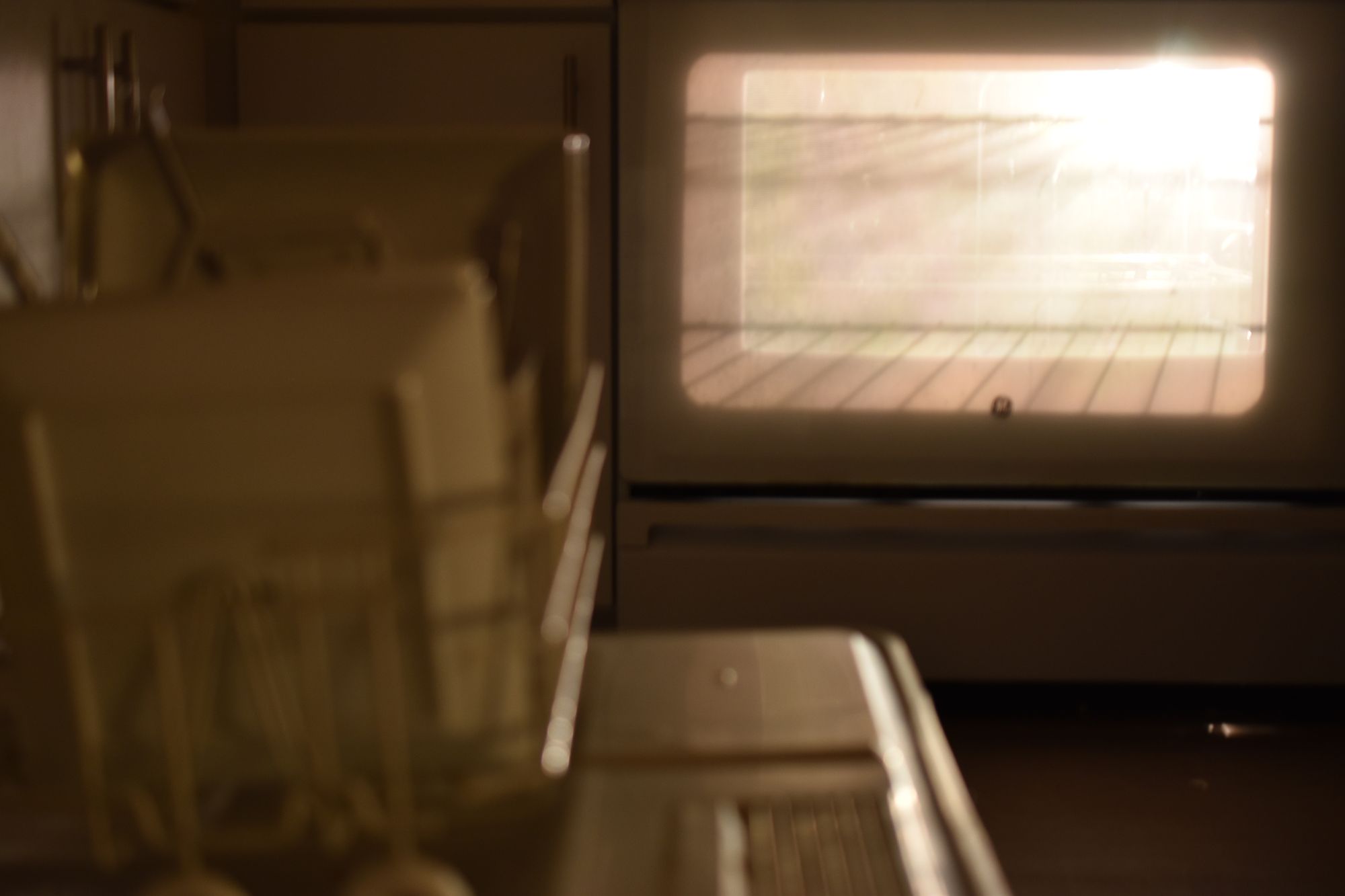
Photography was overwhelming, but controllable. Any time I was overcome, temporarily, by the effort of the alien, multi-spectrum seeing demanded by the camera, I could set the machine down and come back again later. I could stop and think, look at the photographs I'd already taken, and come back again later, with a new idea to try.